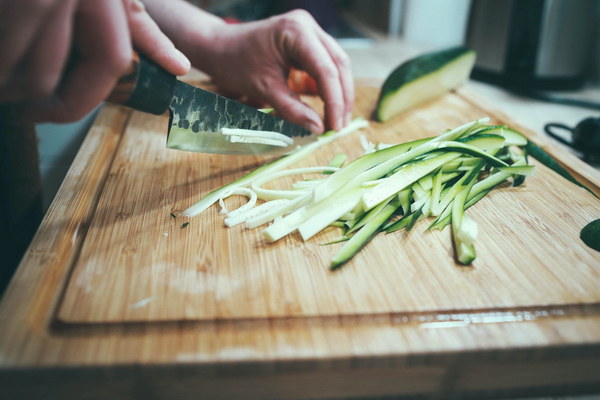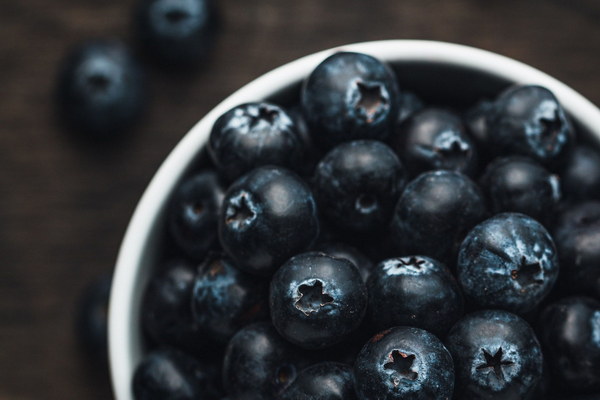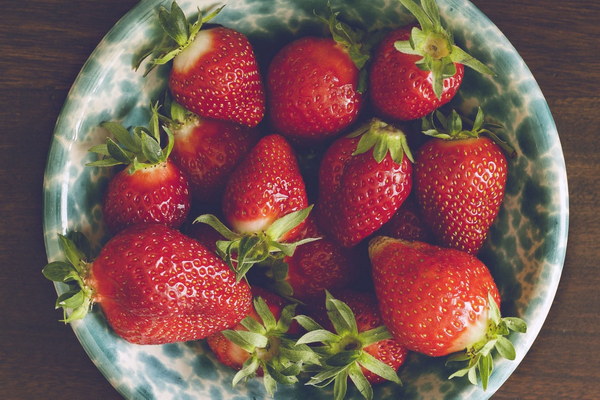Revitalize Your Health Discover the Power of Blood Pressureregulating Herbal Teas
In today's fast-paced world, maintaining a healthy lifestyle has become more crucial than ever. High blood pressure, also known as hypertension, is a common health concern that affects millions of people worldwide. While medication can help manage blood pressure levels, it is essential to incorporate natural remedies into your daily routine to promote overall well-being. One such natural solution is the use of blood pressure-regulating herbal teas. These teas not only help in managing hypertension but also offer a wide range of health benefits. Let's explore the wonders of these herbal teas and how they can contribute to a healthier life.
1. Understanding Blood Pressure and Its Risks
Blood pressure is the force exerted by the blood against the walls of the arteries. It is measured in millimeters of mercury (mmHg) and expressed as two numbers: systolic (the higher number) over diastolic (the lower number). Normal blood pressure ranges from 120/80 mmHg to 129/79 mmHg. Hypertension, defined as blood pressure consistently exceeding 130/80 mmHg, can lead to severe health complications, including heart disease, stroke, and kidney failure.
2. The Power of Herbal Teas
Herbal teas have been used for centuries to treat various ailments, and their effectiveness in managing blood pressure is no exception. These teas are made from natural plant ingredients, making them a safe and gentle alternative to conventional medications. Here are some popular herbal teas that can help regulate blood pressure:
a. Hawthorn Tea
Hawthorn tea is derived from the berries and flowers of the hawthorn tree. This herbal tea has been traditionally used to improve heart health and lower blood pressure. Hawthorn contains compounds that help dilate blood vessels, allowing blood to flow more freely and reducing the workload on the heart.

b. Garlic Tea
Garlic has been known for its numerous health benefits, and its potential to lower blood pressure is one of them. Garlic tea is made by steeping garlic cloves in hot water. The active compounds in garlic, such as allicin, help relax blood vessels and reduce blood pressure levels.
c. Olive Leaf Tea
Olive leaf tea is made from the leaves of the olive tree and has been used in traditional medicine to treat various conditions, including hypertension. Olive leaves contain a compound called oleuropein, which has been shown to lower blood pressure and improve heart health.
d. Lemon Balm Tea
Lemon balm tea is derived from the leaves of the lemon balm plant and is known for its calming properties. Studies have shown that lemon balm can help lower blood pressure by relaxing the muscles in the arteries, thereby reducing the workload on the heart.
3. How to Incorporate Herbal Teas into Your Routine
To enjoy the health benefits of these herbal teas, follow these simple steps:
a. Choose a high-quality herbal tea blend that contains the desired ingredients.
b. Boil water and let it cool slightly before steeping the tea leaves.
c. Pour the hot water over the tea leaves and let them steep for 5-10 minutes.
d. Strain the tea and enjoy it either hot or cold.
Remember to consult with a healthcare professional before starting any new supplement or herbal remedy, especially if you are currently taking medication for blood pressure or have underlying health conditions.
4. Conclusion
Incorporating blood pressure-regulating herbal teas into your daily routine can be a great way to promote heart health and manage hypertension. These natural remedies offer a safe and effective alternative to conventional medications, and their health benefits extend beyond just blood pressure regulation. By making these teas a part of your lifestyle, you can take a significant step towards a healthier and happier life.









